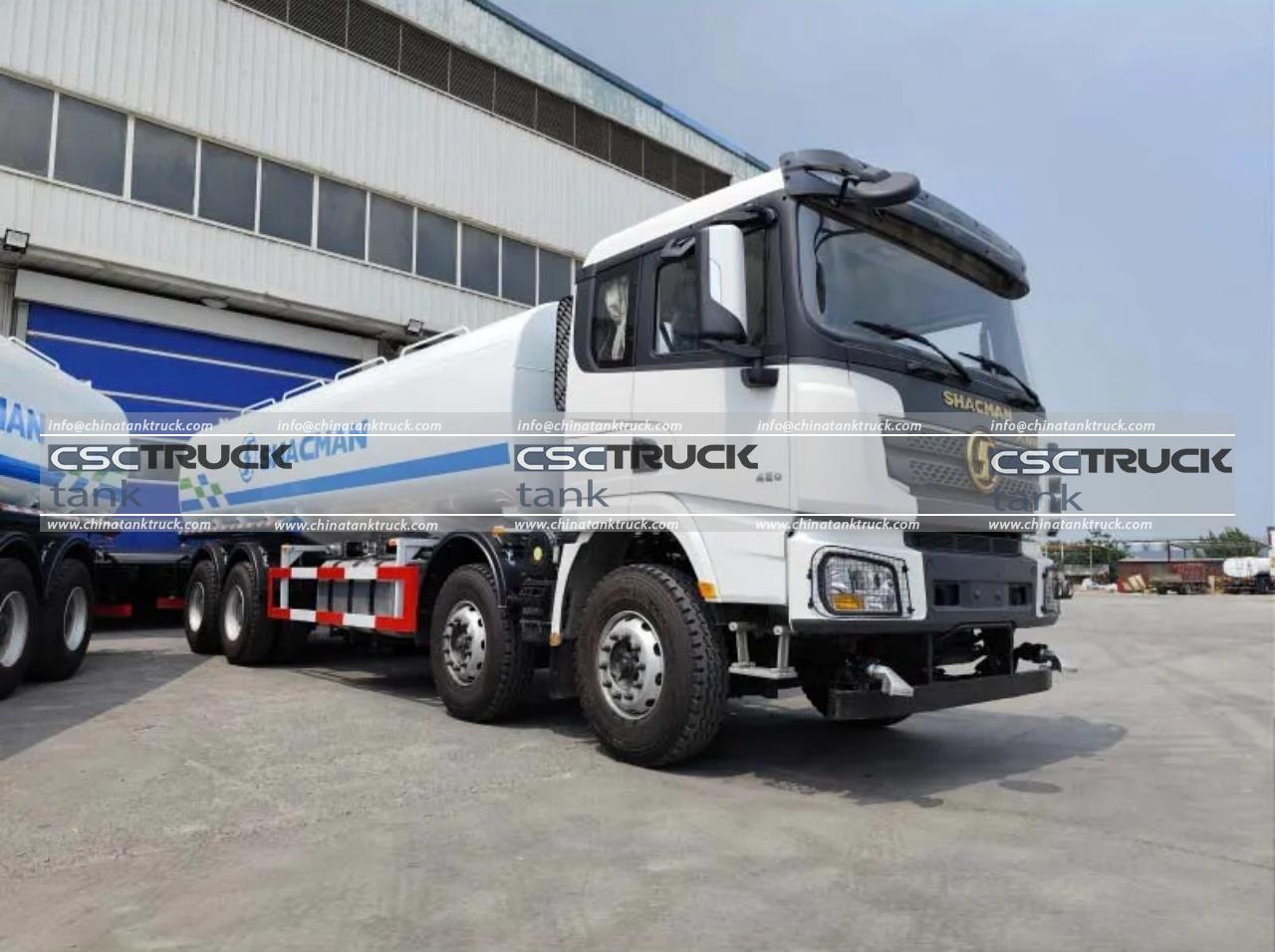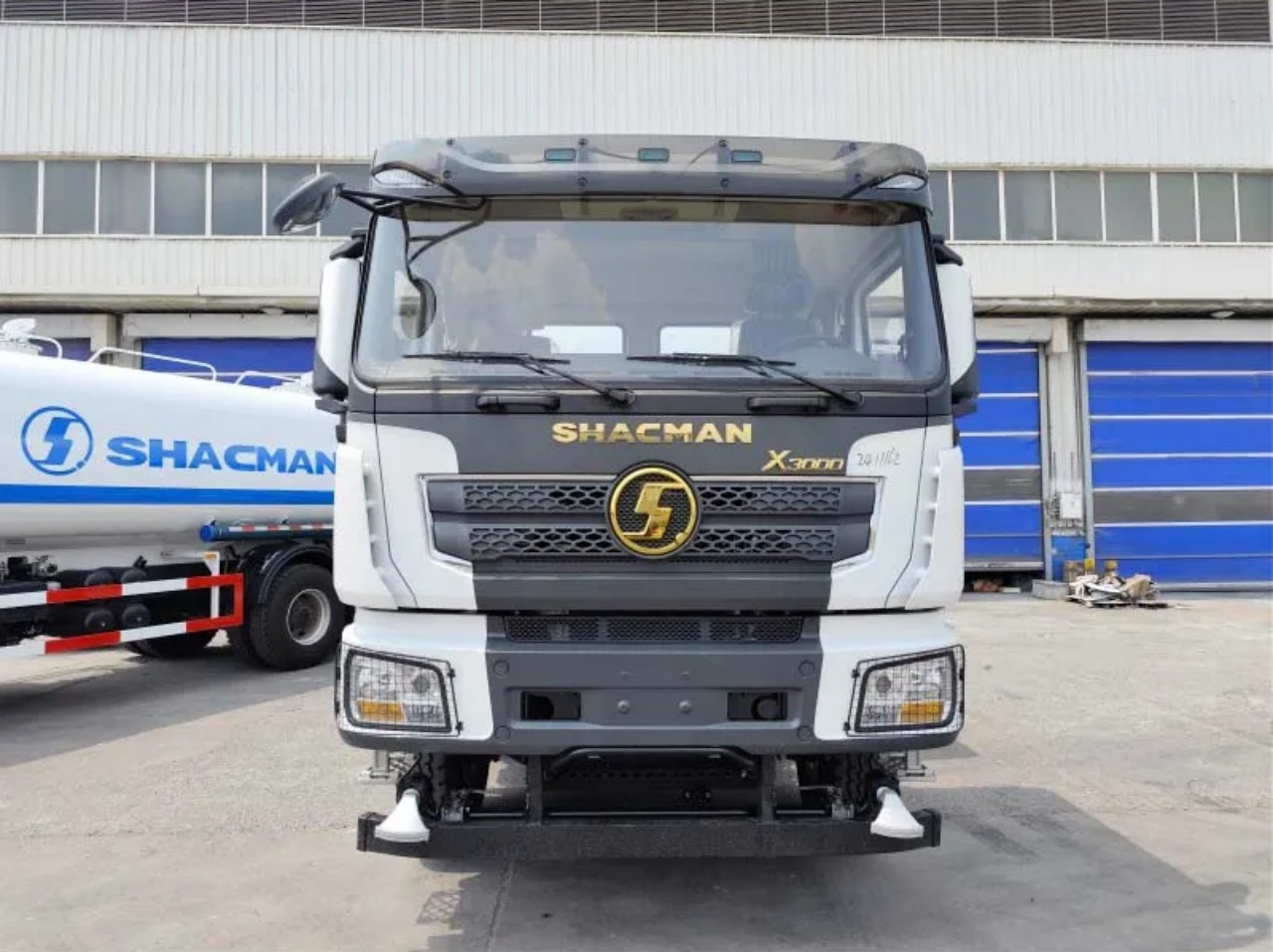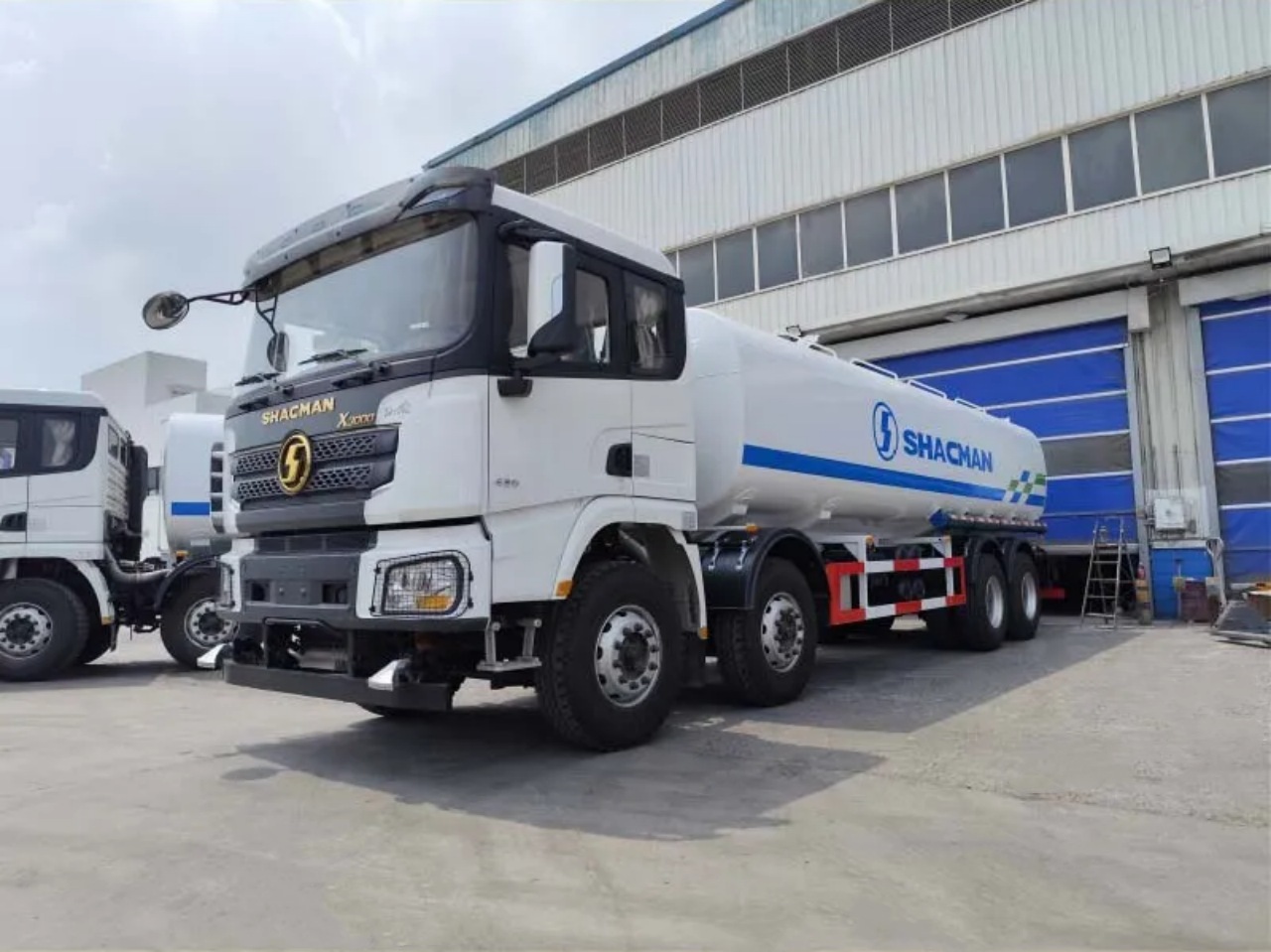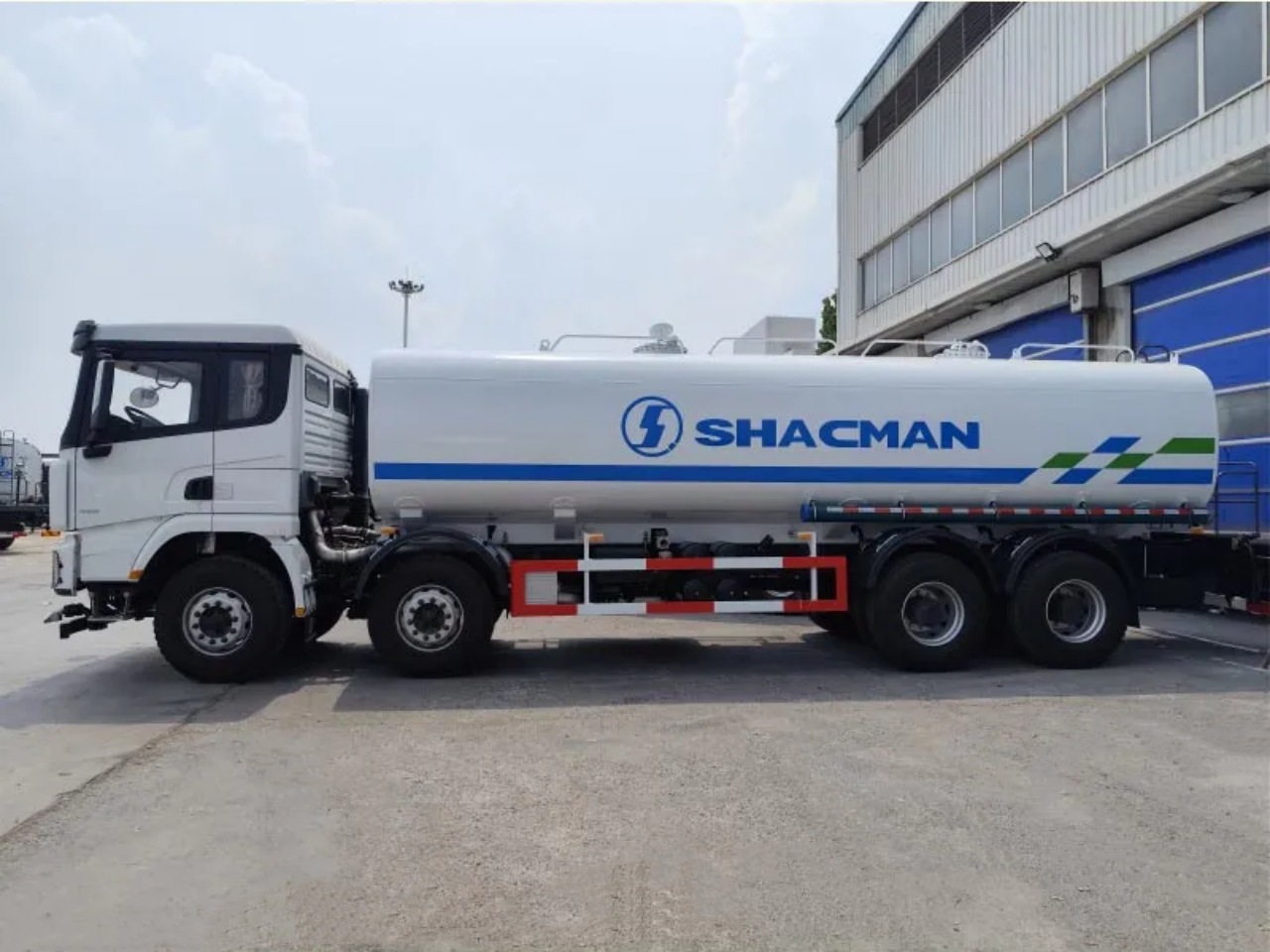Introduction
Water is one of the most essential resources in the world, needed for various purposes, from drinking and agriculture to construction and fire suppression. To transport water efficiently, specialized trucks are designed and built. But what exactly is the name of the truck that carries water? While these trucks may be generically referred to as water trucks, they come in different forms and serve multiple industries. This article explores the types, applications, and key features of water trucks.
The Common Name: Water Truck
The most widely recognized name for a truck that carries water is a water truck. These trucks are designed with large storage tanks mounted on a chassis, along with specialized pumps, hoses, and distribution systems. Water trucks are commonly used in industries such as construction, agriculture, firefighting, and municipal services. However, depending on their specific function and design, water trucks may also be known by other names.

Alternative Names for Water Trucks
Depending on the industry and purpose, water trucks may be referred to by different names, including:
- Water Tanker Truck – A term commonly used to describe large trucks with water tanks designed for bulk transport.
- Potable Water Truck – A truck specifically designed for transporting drinking water, equipped with food-grade stainless steel tanks.
- Non-Potable Water Truck – A truck used for carrying water that is not safe for human consumption but can be used for construction, dust control, or irrigation.
- Dust Control Truck – Used on construction sites and unpaved roads to spray water and reduce dust.
- Fire Water Truck – Equipped with high-pressure pumps and hoses to provide water in fire emergencies.
- Irrigation Water Truck – Used to transport water for agricultural irrigation purposes.
- Hydrostatic Test Truck – A specialized water truck used to perform pressure tests on pipelines and industrial systems.
- Decontamination Water Truck – Used in hazardous industries for washing down equipment or personnel exposed to dangerous substances.
Components of a Water Truck
Water trucks come with specific components designed to efficiently transport and distribute water. The major parts include:
- Water Tank – Typically made of steel, aluminum, or polyethylene, with varying capacities ranging from 500 gallons to over 10,000 gallons.
- Pump System – A motorized pump that helps in loading and unloading water efficiently.
- Spray Nozzles and Hose Attachments – Various spray configurations allow water distribution through gravity or pressurized systems.
- Chassis and Engine – The base of the truck, which determines the vehicle’s mobility and load-carrying capacity.
- Valves and Controls – Used to regulate water flow and pressure, ensuring precise application in different industries.

Industries that Use Water Trucks
Water trucks play a crucial role in multiple industries, each requiring specific configurations:
1. Construction Industry
Water trucks are vital on construction sites for dust suppression, compaction, and concrete mixing. Large-scale projects involving road construction, tunneling, and land grading require water trucks to maintain environmental and safety standards.
2. Agriculture and Irrigation
Farms use irrigation water trucks to supply water to crops, particularly in areas lacking direct irrigation systems. These trucks help sustain agricultural productivity in arid and semi-arid regions.
3. Firefighting and Emergency Services
Fire departments use specialized water trucks, commonly called fire tenders or fire water tankers, to transport large volumes of water to areas without hydrants. These trucks support rural fire suppression efforts and assist in wildfire control.
4. Municipal and Road Maintenance
Cities and local governments deploy water trucks for street cleaning, park maintenance, and watering public landscaping. Water trucks help keep roads free of debris and ensure green spaces receive adequate irrigation.
5. Mining and Industrial Applications
Mining operations use water trucks to control dust, suppress hazardous particles, and provide water for drilling and processing activities. In industrial settings, water trucks are also used for hydrostatic testing and equipment cooling.
6. Disaster Relief and Humanitarian Efforts
During droughts, natural disasters, or humanitarian crises, potable water trucks deliver safe drinking water to affected communities. These trucks are crucial for providing emergency water supplies in remote or disaster-stricken areas.
Key Specifications of Water Trucks
When selecting a water truck, various specifications need to be considered, including:
- Tank Capacity – Ranges from small 500-gallon trucks to massive 10,000-gallon tankers.
- Material of the Tank – Stainless steel (for potable water), carbon steel (for general use), or polyethylene (for lightweight and corrosion-resistant options).
- Pump Type – Centrifugal, diaphragm, or PTO-driven pumps affect water flow rate and pressure.
- Spray System – Gravity-fed or pressurized spray bars and hose reels for different applications.
- Chassis and Engine Power – Determines the truck’s ability to handle rough terrain and heavy loads.
- Regulatory Compliance – Trucks carrying drinking water must meet health and sanitation standards.

Choosing the Right Water Truck
Selecting the appropriate water truck depends on the intended use. For example:
- A construction company may require a 4,000-gallon water truck with pressurized spray bars for dust suppression.
- A municipality may need a 2,000-gallon street-cleaning water truck with side and front sprayers.
- A fire department may invest in a 5,000-gallon fire tanker with high-pressure hoses and pumps.
- A farm might opt for a simple 1,500-gallon irrigation water truck with a rear-mounted hose.
Conclusion
The truck that carries water is commonly called a water truck, but it can also be known as a water tanker truck, potable water truck, fire water truck, or other industry-specific names. These trucks serve essential roles across multiple industries, including construction, agriculture, firefighting, mining, and disaster relief. Understanding their specifications and applications ensures that businesses and organizations can select the right water truck for their needs. Whether it’s delivering drinking water to a remote village or controlling dust on a construction site, water trucks play an indispensable role in modern infrastructure and safety management.


